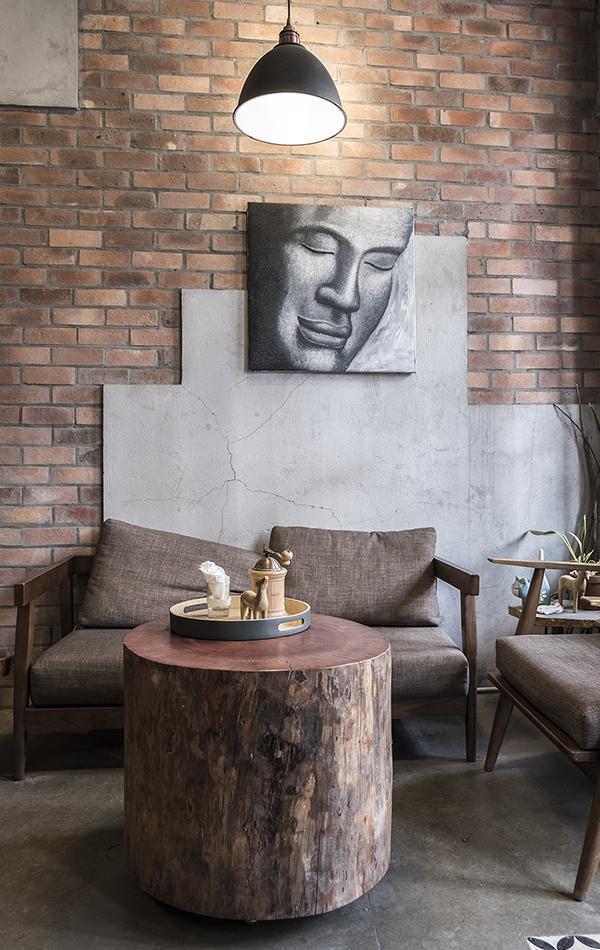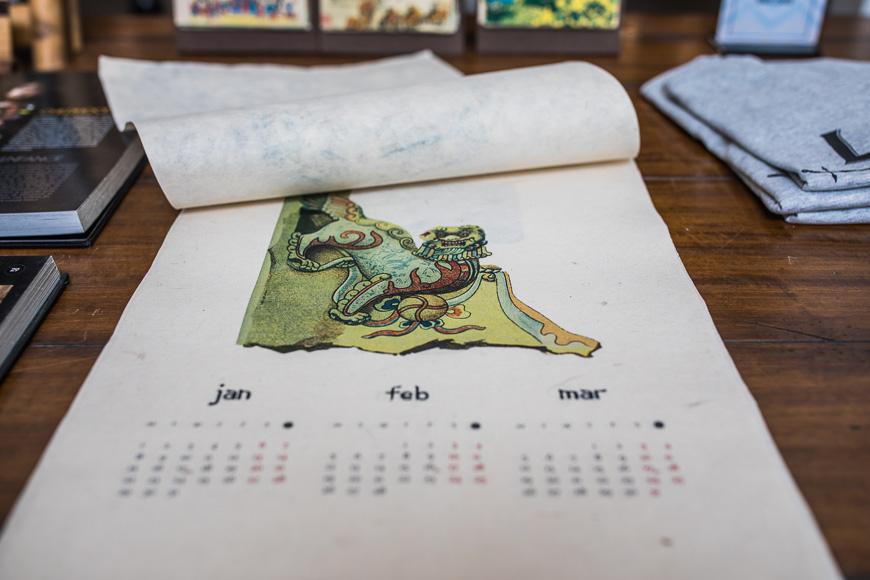
Exploring Vietnam’s vibrant crafts
10:23 - 18/05/2020
The handmade is part of Vietnam’s soul. From craft villages to the capital’s core, the country’s crafts will take you to fascinating places. Hanoi’s 36 guild streets, also known as the Old Quarter
Why are handicrafts important in Vietnam?
The handmade is part of Vietnam’s soul. From craft villages to the capital’s core, the country’s crafts will take you to fascinating places. Hanoi’s 36 guild streets, also known as the Old Quarter, have a long history of craftsmanship reflected in street names such as Hàng Bạc (Silver Street) and Hàng Quạt (Fan Street). Entire craft villages continue to thrive on centuries-old traditions by exporting their goods worldwide. Here’s your guide to exploring Vietnam’s time-honoured crafts.
Dó paper
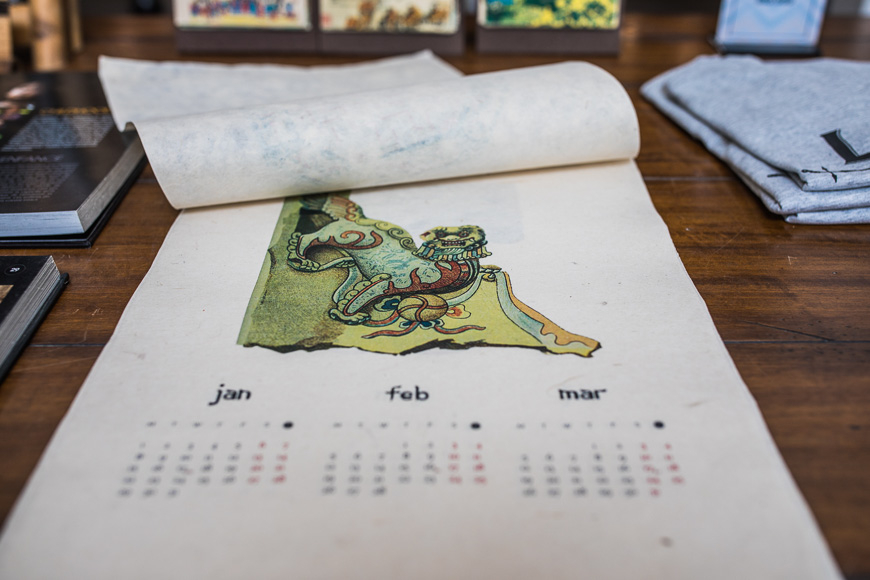
Select stationery stores across Vietnam carry notebooks, sketchbooks and calendars made from dó paper. The thick fabric-like paper is uniquely Vietnamese, and made by just a few villages in the North. The dó trees are grown and harvested by small communities who continue to use traditional processes of soaking, pounding and filtering pulp, colouring the fibres with natural dyes, and drying sheets of paper in the sun.
Where to find it: The Zó Paper tour brings you to a traditional Dó paper village in Hòa Bình province where you'll get a chance to make your own paper from scratch. You can buy Dó paper calendars and notebooks at Collective Memory in the Old Quarter.
Lacquerware
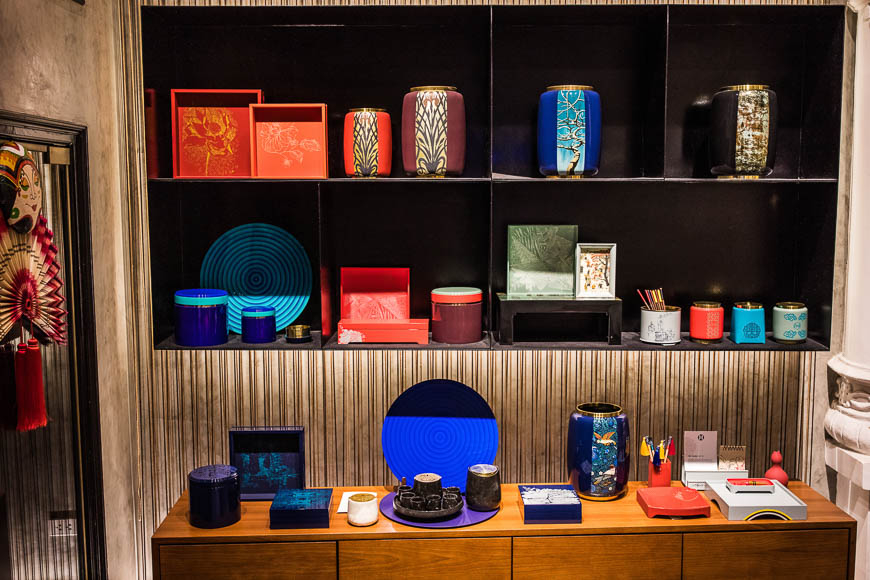
Vietnamese lacquer first gathered international recognition in the 1930s when a group of innovative students from Ha Noi University blended this Vietnamese handicraft with principles of French fine art, to create extraordinary pieces requiring hundreds of days of work. Since then, Vietnamese lacquer has become an artistic treasure, and enjoys a reputation for class and elegance.
Where to find it: Hanoia, a high-end lacquerware boutique, employs craftsmen from traditional lacquer villages to execute their contemporary designs, such as the Ha Thai village near the capital. Art enthusiasts will love their trendy lacquer wood sandals, playful sculptures and vibrant hand-painted vases.
Silk weaving
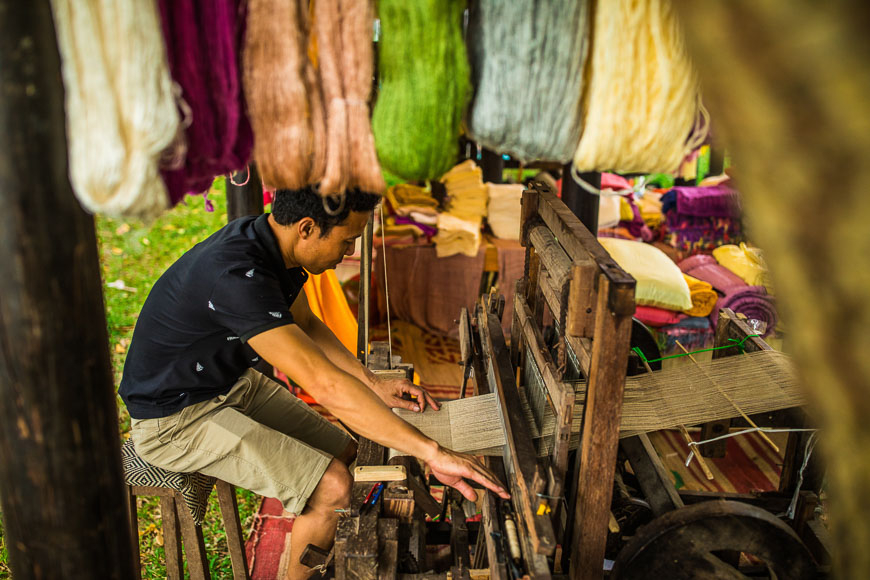
There’s a saying in Vietnam that 2000 years ago there were two rice crops and six silk crops. True or not, the saying gives insight into how important silk production was and continues to be in Vietnam. One of the most famous silk villages is Van Phuc village on the outskirts of Ha Noi. Artisans from Van Phuc are known for their sophisticated weaving patterns. Vietnamese silk comes in many different varieties. Sturdy Lismore bud silk and satin silk are two handmade styles you’ll find often used around the country.
Where to find it: In the Old Quarter, the entire Hang Gai street was once dedicated to this luxurious cloth, and you can still find beautiful silk tunics and dresses sold up and down the street. Hoi An’s public market is another place where you can shop for silk or have silk clothes tailored to match your tastes.
Calligraphy
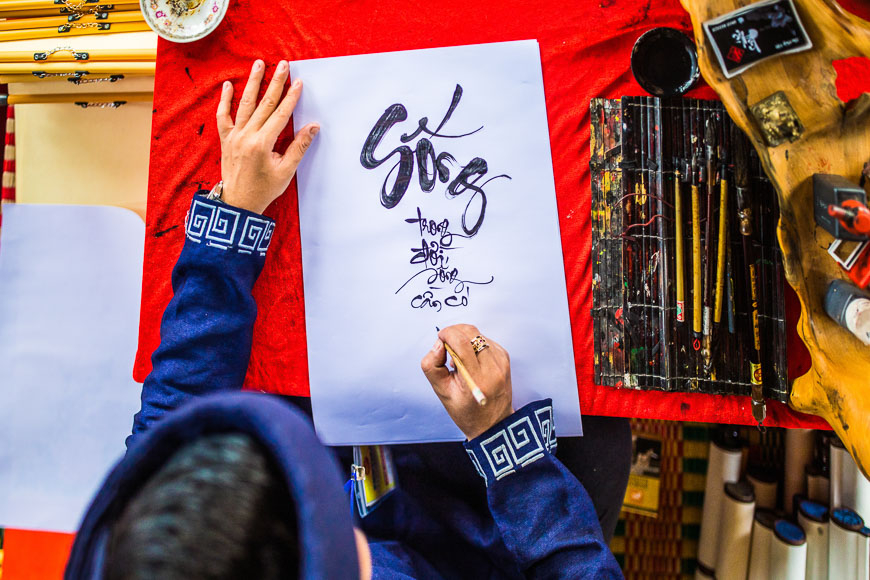
Calligraphy in Vietnam was previously done in Chinese lettering, however a new generation of Ong đồ, or masters of scriptures, reimagined this art form using the Vietnamese alphabet, with striking results. In Vietnam, calligraphy masters are called on to write messages wishing good health and prosperity for special occasions, such as the Lunar New Year. Nowadays they also paint English sayings and fun Vietnamese expressions in calligraphic style.
Where to find it: Ask for a personalised poster by a street artist on calligraphy streets such as Phố Ông Đồ in Ho Chi Minh City. Better yet, take part in a calligraphy workshop, like the Calligraphy and Coffee Trail by Saigon Street Eats, and make your own.
Handmade ceramics
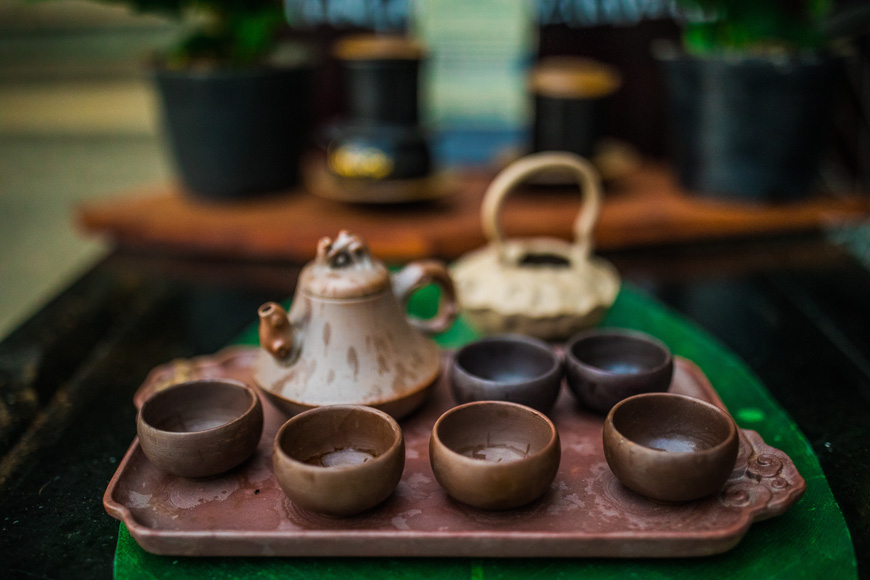
Vietnamese pottery can be earthy and unpretentious, or refined and elegant. Popular glazes for pots and table sets are velvety dark colours and vibrant blues, a style you'll see on a visit to Bát Tràng ceramics village, just an hour by car from Ha Noi. The village is famous for exporting ceramics overseas, but you can pick up some pieces in person at the daily market, where artisans display ceramics straight out of the family kiln.
Where to find it: During your travels you’ll may stumble upon shops selling pottery from Bát Tràng village. You can also visit Reaching Out in Hoi An for a chance to purchase beautiful ceramics and tea cups made by disabled artisans.
Water puppetry
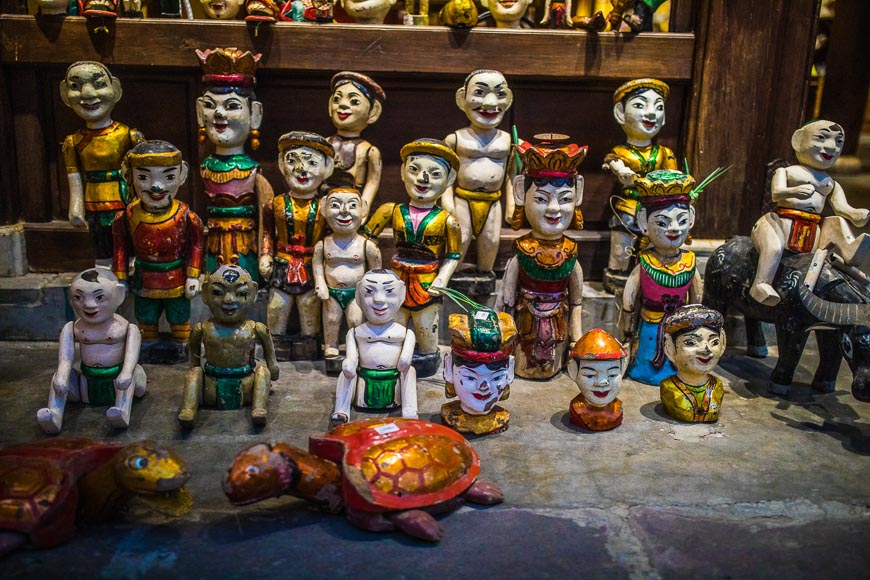
Puppets dancing on shimmering water give everyone, even adults, a sense of childlike wonder. The story goes that before planting season, farming villages would set up puppet stages in flooded rice paddies and entertain youngsters with folk tales and moonlit shows. In modern theatres, puppeteers tell stories by skillfully moving little wooden dolls using rods and strings hidden underwater. Musicians and singers provide live music to accompany each show.
Where to find it: Take yourself to one of the puppet theatres around Hoàn Kiếm Lake in Ha Noi to laugh out loud at the slapsticks humour and charming stories told on water. For a more personal experience, visit the home theatre at Khâm Thiên Market Lane in Đống Đa District.
Ethnic textiles
The diversity of Vietnam’s textiles are best seen in its ethnic minority costumes, which stand out with fringes, pompoms and colourful weaving. The country has 54 ethnic minorities and each traditional costume is completely unique. For example, the H'Mông people wear jackets dyed deep indigo, while the Red Dao people are known for their intricate geometric embroidery and clashing patterns. At Vietnam's Women Museum in Ha Noi, you can compare all the various styles from Vietnam’s ethnic minorities.
Where to find it: Indigo Cat, a social enterprise in Sa Pa, sells beautiful clothes made by Vietnam’s ethnic minorities. Racks hang heavy with delightful autumn jackets and bags made by the H'Mông minority.


